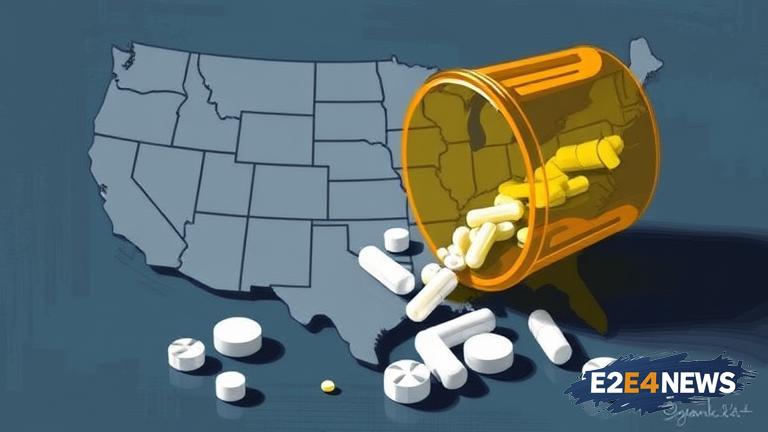In a groundbreaking move, 8 major opioid drug makers have agreed to a nationwide settlement totaling $720 million. This settlement is a result of ongoing litigation and negotiations between the drug manufacturers and various states, including Oregon. The settlement aims to address the devastating impact of the opioid crisis on communities across the United States. The opioid epidemic has claimed thousands of lives and has been a major public health concern for over two decades. The settlement includes payments from pharmaceutical companies such as Johnson & Johnson, McKesson, and Cardinal Health, among others. These companies have been accused of aggressively marketing and distributing opioid medications, contributing to the widespread misuse and addiction. The settlement funds will be allocated to support treatment and recovery programs, as well as to cover costs associated with the opioid crisis, such as law enforcement and healthcare expenses. Oregon, one of the states involved in the settlement, will receive a significant portion of the funds to address the state’s specific needs. The settlement is seen as a major victory for the states and communities affected by the opioid crisis, providing much-needed resources to combat the epidemic. However, some critics argue that the settlement amount is insufficient, considering the scope and severity of the crisis. The opioid crisis has been linked to over 500,000 deaths in the United States since 1999, with many more struggling with addiction. The settlement is part of a larger effort to hold pharmaceutical companies accountable for their role in the opioid epidemic. In recent years, several high-profile lawsuits have been filed against opioid manufacturers, alleging that they prioritized profits over public safety. The settlement also highlights the need for continued action and investment in addressing the root causes of the opioid crisis, including lack of access to healthcare and mental health services. As the settlement funds begin to be distributed, communities across the country will be watching closely to see how the money is used to support those affected by the opioid crisis. The settlement is a significant step towards justice and healing for the families and individuals impacted by the opioid epidemic. Furthermore, the settlement serves as a warning to pharmaceutical companies to prioritize public health and safety in their business practices. The road to recovery will be long and challenging, but the settlement provides a glimmer of hope for a brighter future. In conclusion, the $720 million settlement is a crucial step towards addressing the opioid crisis, and it is essential that the funds are used effectively to support those affected and to prevent similar crises in the future.
